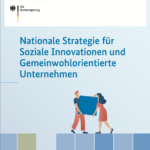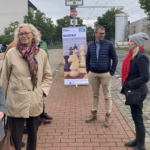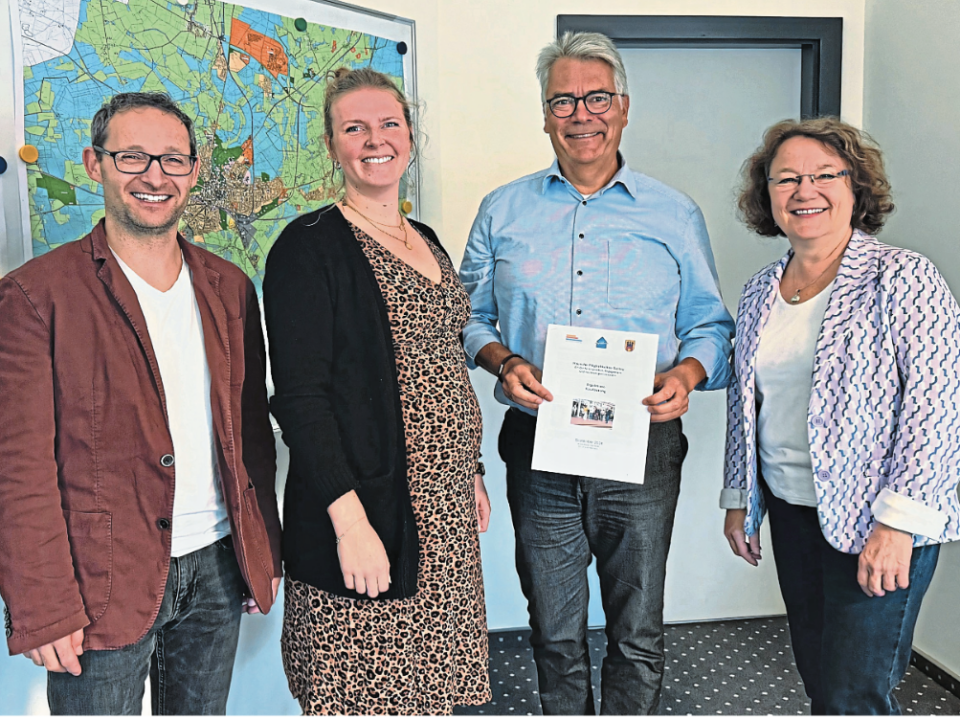
New National Strategy for Social Businesses in Germany
September 19, 2023
Do we need more university graduates as founders?
November 7, 2023Companies or social businesses oriented towards the common good are not sustainable per se and, just like “classic” companies, they should analyse the various levels of sustainability, identify the need for action and implement options for improvement in order to be sustainable, attractive and resilient in the long term.
Sustainability in a company affects many aspects in several dimensions, especially related to economic, operational, ecological and social sustainability.
Economic sustainability concerns the financial situation of a company, its income, expenses and profits, which enable long-term action and achievement of impact. Operational sustainability affects, among other things, processes, business models, employees as well as management culture, which must be designed in such a way that the social business can implement its goals, is able to act in the long term and can permanently attract and retain skilled workers.
The ecological dimension concerns in general the reduction or, better yet, prevention of environmental damage and, in particular, measures for climate protection and climate resilience. The social level of sustainability refers to social innovations that can contribute to solving other major societal challenges, such as inclusion and integration, access to basic services, preventing or combating poverty, etc.
Our Sustainability Checkup offers social businesses and companies oriented towards the common good, but also traditional family businesses and small companies an initial overview of their situation in some of the areas mentioned. Initial options for action are identified on which strategic measures can be built.
We are offering free workshops until December 2023 as part of our GUSTAV program, financed by funding from the Federal Ministry for Economic Affairs and Climate Action. More information and registration here.



